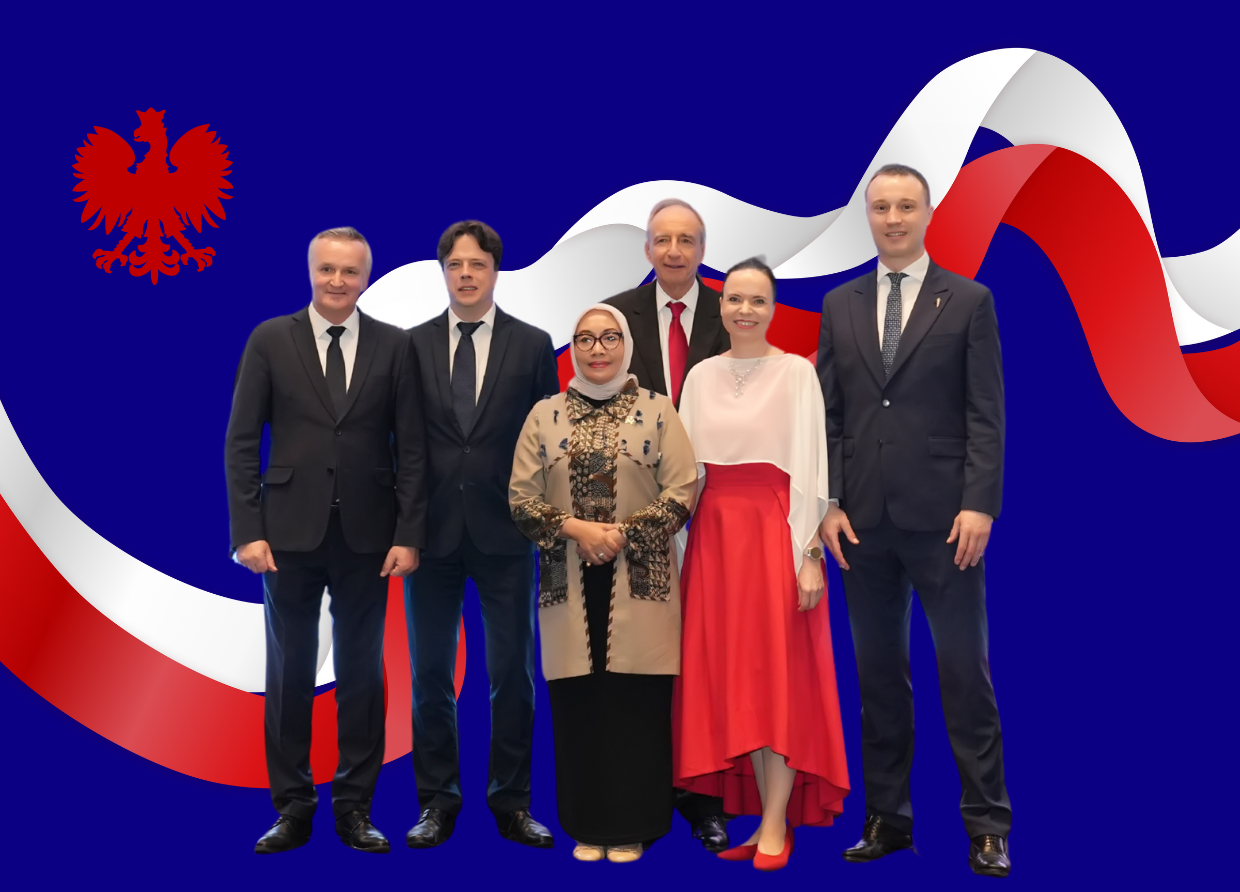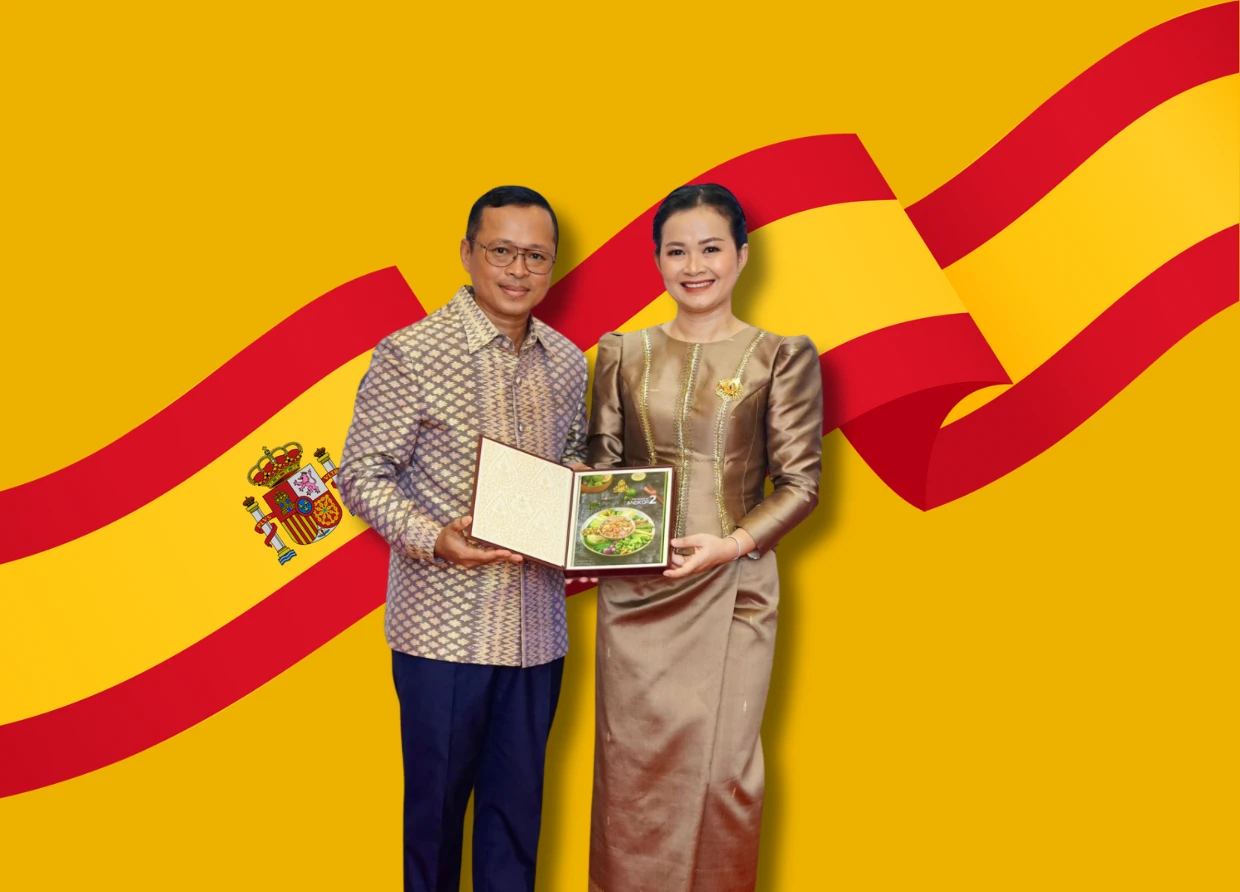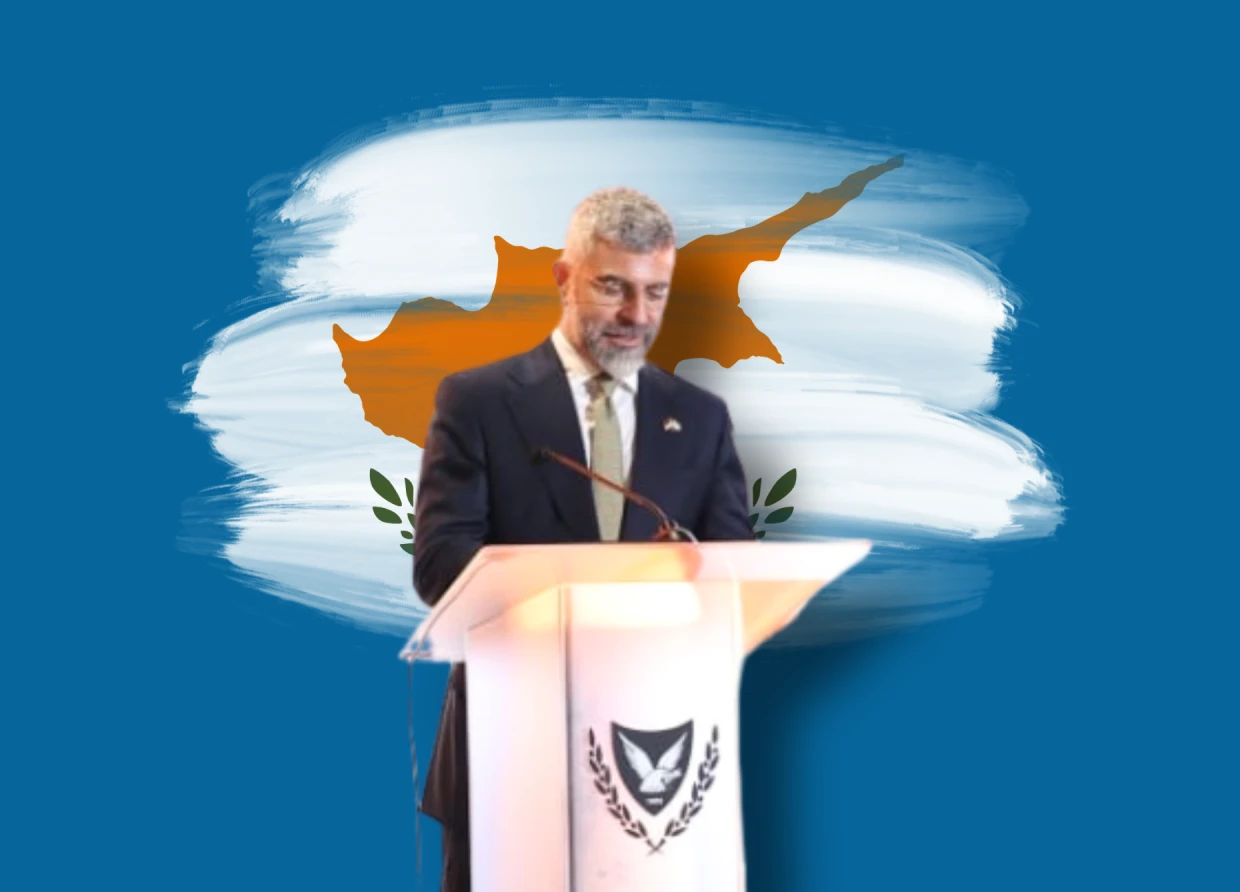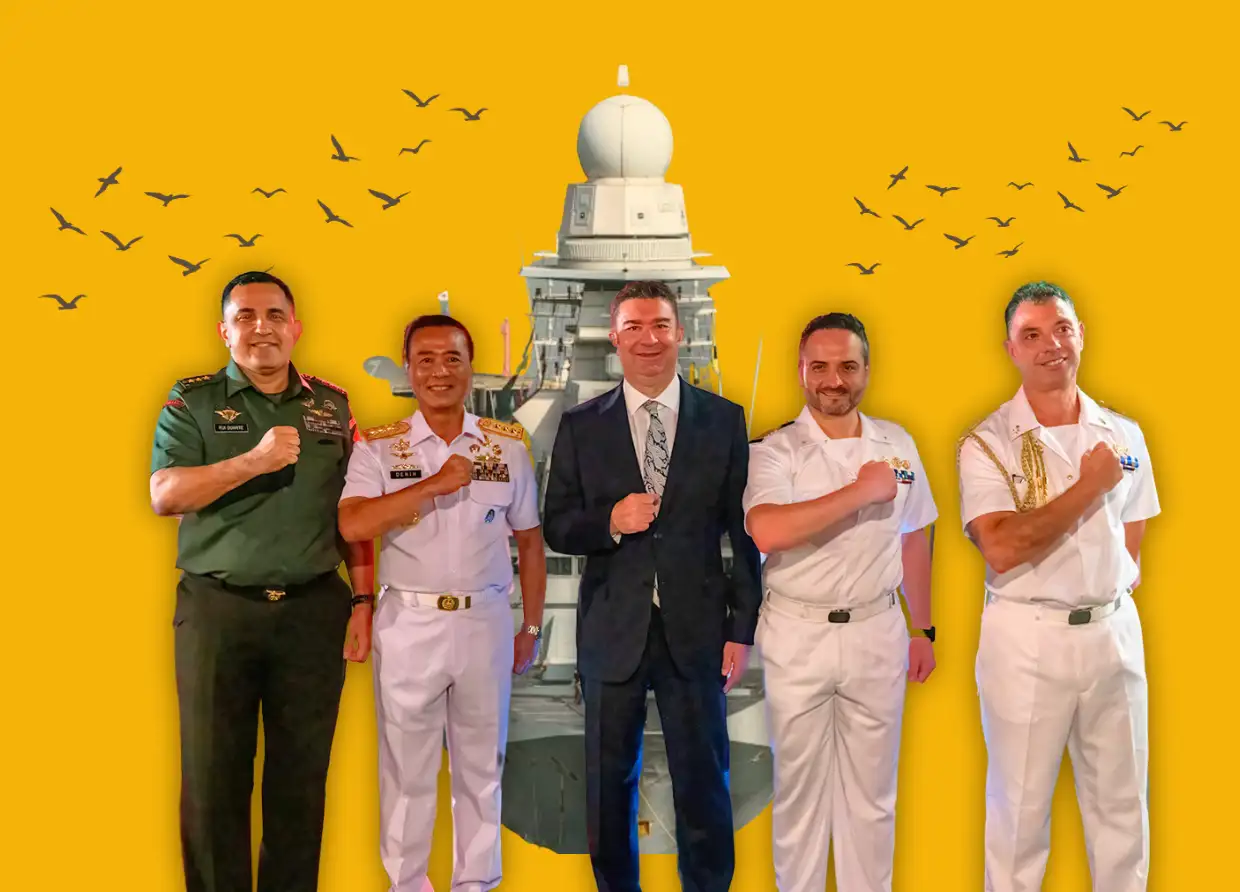THE LEGACY OF DESMOND TUTU
The Nobel Peace laureate died on Sunday at the age of 90.
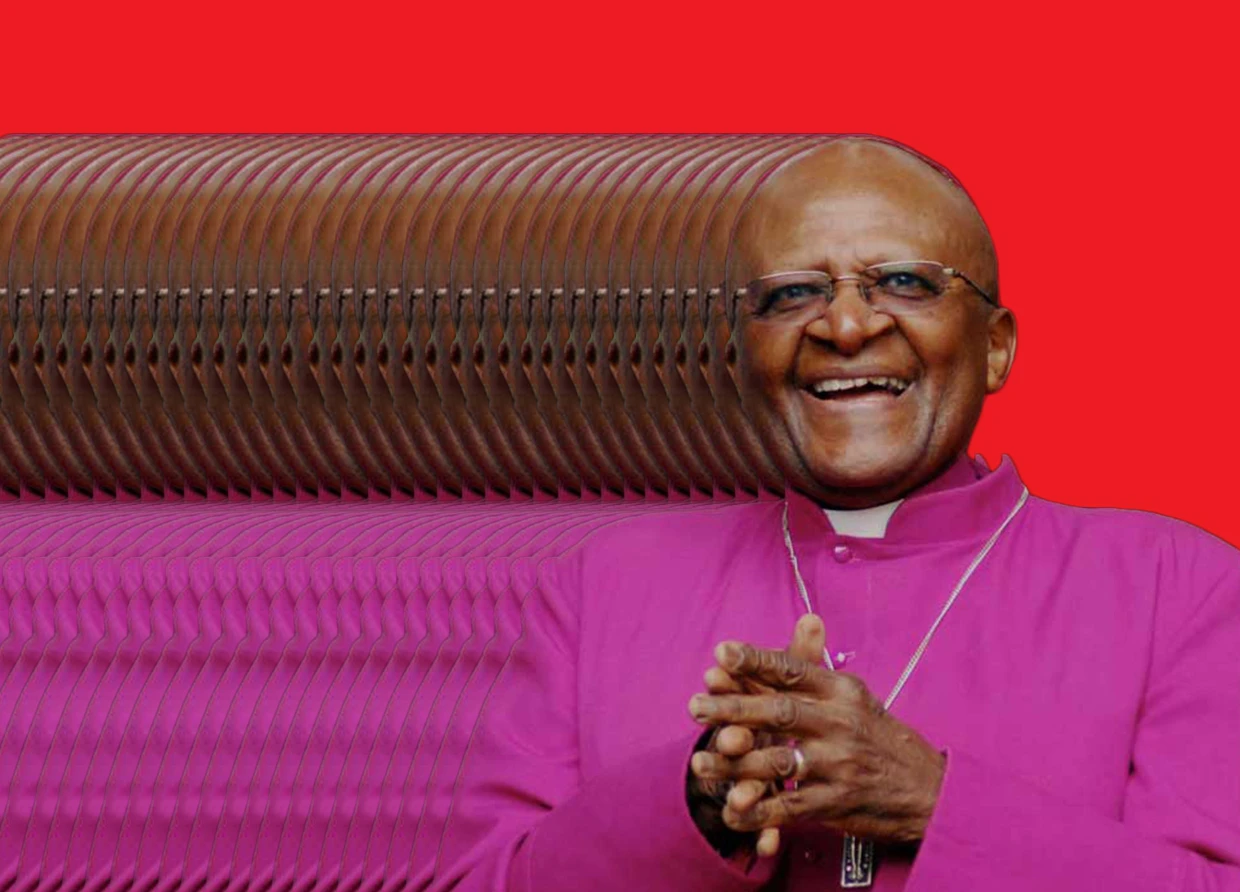
Born Desmond Mpilo Tutu, Archbishop Desmond Tutu, who has been dubbed as the moral compass of South Africa during apartheid's darkest hours and into the unchartered territory of newly-welcomed democracy, died on Sunday at the age of 90.
Archbishop of Canterbury Justin Welby, the symbolic head of Tutu's Anglican Communion described tutu as "a prophet and priest, a man of words and action", while British billionaire Richard Branson called him "a brave leader, a mischievous delight, a profound thinker, and a dear friend."
The outspoken Archbishop was considered the nation's conscience as he preached against the tyranny of the white minority, consistently showing his faith and spirit of reconciliation in a divided nation.
The human rights activist also spoke out across a range of topics, from Israel's occupation of the Palestinian territories to gay rights, climate change, and the controversial assisted death - utilizing his high-profile role in the Anglican Church.
Desmond Tutu became the face of the anti-apartheid movement abroad while many of the leaders of the rebel African National Congress (ANC) were behind bars, such as Nelson Mandela.
The Archbishop was by his side when Mandela showed up on a balcony at Cape Town's City Hall overlooking a square for his first public address after 27 years in prison in February 1990. He remained by Mandela's side four years later when he was sworn in as the country's first black president.
The Nobel Peace laureate described voting in South Africa's first democratic election in 1994 as a feeling akin to "falling in love."
While Mandela introduced South Africa to democracy, Desmond Tutu headed the Truth and Reconciliation Commission to reveal the terrible truths of the war against white rule.
"Sometimes strident, often tender, never afraid and seldom without humor, Desmond Tutu's voice will always be the voice of the voiceless," said Mandela, who died in December 2013, describing his loyal friend.
View this post on Instagram
Moral compass
Archbishop Desmond Tutu was awarded the Nobel Peace Prize in 1984 for his non-violent lifelong struggle. Nevertheless, in his final years, he regretted that his dream of a "Rainbow Nation" had not yet come true.
When governments ignored his sermons, the Archbishop turned grassroots campaigns around the world that fought for an end to apartheid through economic and cultural boycotts.
"Our land is burning and bleeding and so I call on the international community to apply punitive sanctions against this government," he said in 1986.
On his retirement as Archbishop of Cape Town in 1996, he once said: "The struggle tended to make one abrasive and more than a touch self-righteous. I hope that people will forgive me any hurts I may have caused them."
He insisted that his stance on apartheid was moral rather than political. Even in his twilight years, he never stopped speaking his mind. In 2014, he bluntly admitted he did not vote for the ANC.
"As an old man, I am sad because I had hoped that my last days would be days of rejoicing, days of praising and commending the younger people doing the things that we hoped so very much would be the case," Desmond Tutu told Reuters in June 2014.
In December 2003, he rebuked his government for its support for Zimbabwean President Robert Mugabe, drawing a line between Zimbabwe's isolation and South Africa's battle against apartheid.
"We appealed for the world to intervene and interfere in South Africa's internal affairs. We could not have defeated apartheid on our own," he said. "What is sauce for the goose must be sauce for the gander too."
A son, a father, a grandfather
THE WORLD HAS LOST A LODESTAR AND DOTING PARENT... https://t.co/XHC0trQ19J
— DesmondTutu Official (@TheDesmondTutu) December 26, 2021
Desmond Tutu was born in Klerksdorp, a conservative town west of Johannesburg, on Oct. 7, 1931, to a family of a schoolteacher. The family moved to Sophiatown in Johannesburg, where he first worked as a teacher.
He quit teaching in 1957, infuriated with the system once described by a South African prime minister as aimed at preparing them for their role in society as servants. He joined the church after studying at St. Peter's Theological College in Johannesburg.
He was ordained a priest in 1961 and continued his education at King's College in London. He gained lecturing posts to become Anglican Dean of Johannesburg in 1975, which was when his activism started taking shape.
"I realized that I had been given a platform that was not readily available to many Blacks, and most of our leaders were either now in chains or in exile. And I said: 'Well, I'm going to use this to seek to try to articulate our aspirations and the anguishes of our people'," he told a reporter in 2004.
In retirement, he battled prostate cancer and largely withdrew from public life. Married to Nomalizo Leah Shenxane in 1955, Desmond Tutu had four children and several grandchildren, and homes in Cape Town and Soweto township near Johannesburg.
#THE S MEDIA #Media Milenial #Desmond Tutu #Nobel Peace

